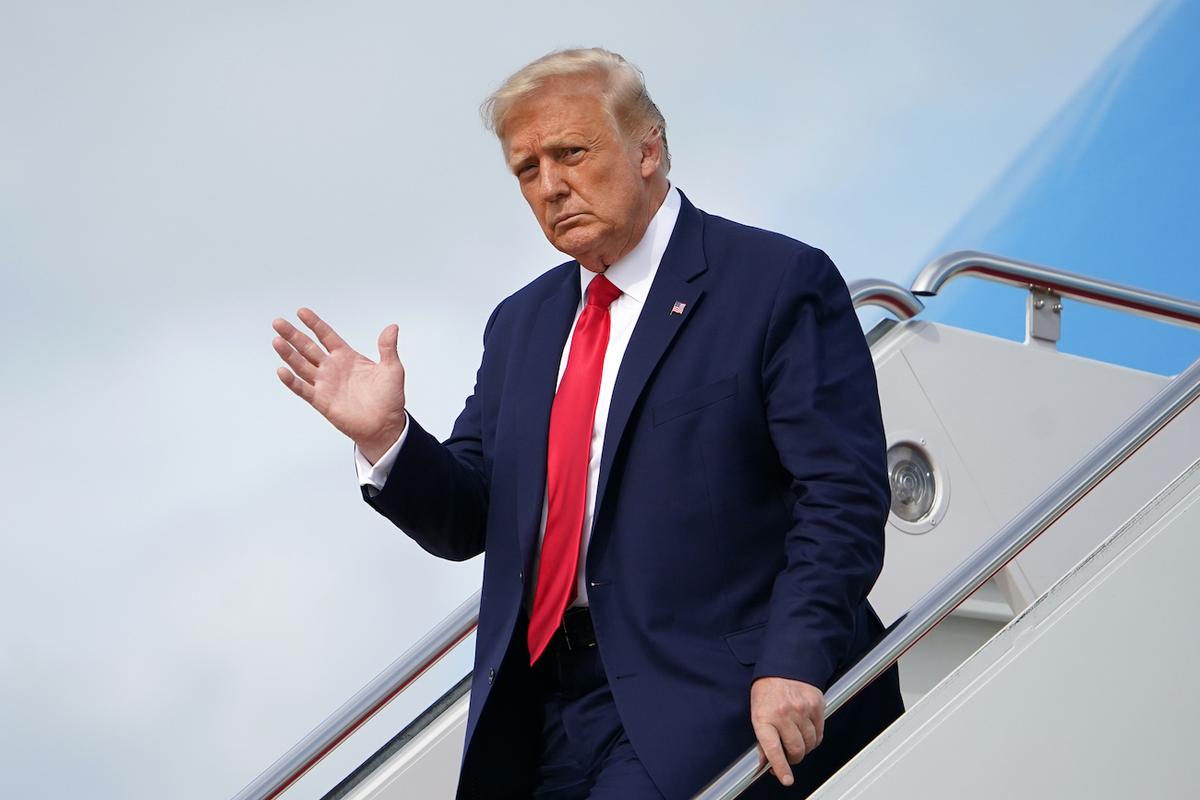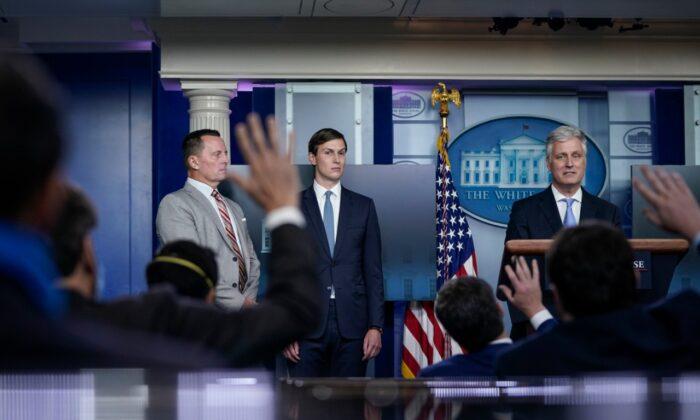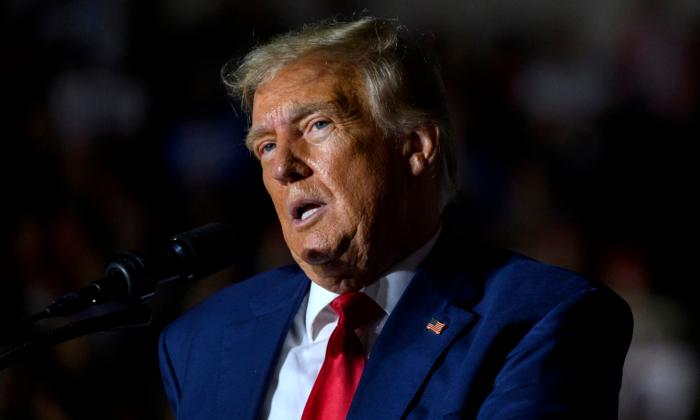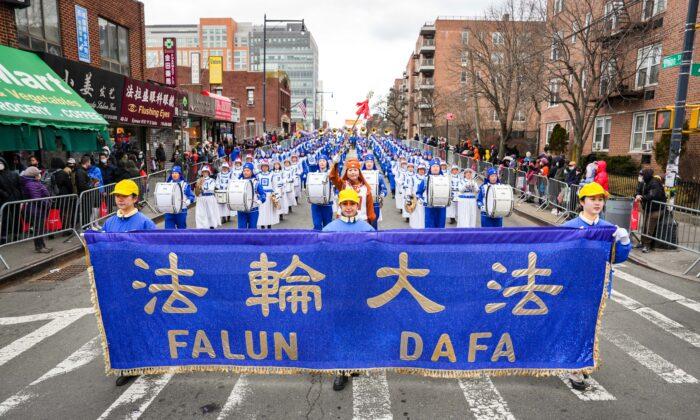The Chinese regime has the “most massive” program among countries seeking to interfere in the U.S. election, and has taken the most active role in political influence efforts, White House national security adviser Robert O'Brien said on Friday.
“There’s always going to be propaganda. There’s always going to be efforts to influence us,” O'Brien told reporters at a briefing. “We know the Chinese have taken the most active role.”

“The Chinese objective is to embed themselves … inside the West. And it becomes so powerful in their position there, that nobody can say no to them when they want something,” Jeff Nyquist, an author and researcher of Chinese and Russian strategy, said in an earlier interview.
Foreign Policy Failure
O'Brien also has described the United States’ approach to the Chinese regime as the “biggest failure of American foreign policy over the past 40 years.”The adviser said the prevailing “mantra” in the West had been that China would become more democratic as it became richer. So “we turned a blind eye to Chinese malign activity, whether it’s stealing our IP or engaging in unfair trade practices, or bullying its neighbors,” he said at a White House press briefing on Friday.
But in reality, “the opposite occurred,” O'Brien said. “China’s human rights violations have gotten worse and worse over the years,” he added, citing the communist regime’s abuses against Uyghur Muslims and other religious minorities, its subversion of freedoms in Hong Kong, and aggression toward Taiwan.
Meanwhile, Beijing has presided over an aggressive campaign to steal American intellectual property with the aim of replacing the United States as an economic superpower, O'Brien said.
“The scope of Chinese activity against the United States is relentless,” he said. “We’ve never seen anything like it. It was nothing like this in the Cold War with the Soviets.”
His remarks came as the Trump administration quickens its actions combating Beijing on a range of fronts, from security risks posed by Chinese technology to its military aggression in the South China Sea.
O'Brien described President Donald Trump as the first president to stand up to the Chinese in 40 years, saying the administration has taken “strong action” in confronting the regime’s unfair trade practices, theft of U.S. intellectual property, and human rights abuses.
The administration recently sanctioned Chinese officials and a paramilitary group over their role in repressing Uyghur Muslims in Xinjiang. It’s also sanctioned Hong Kong leader Carrie Lam and other Hong Kong and Chinese officials for undermining freedoms in the city.






Friends Read Free